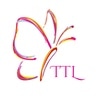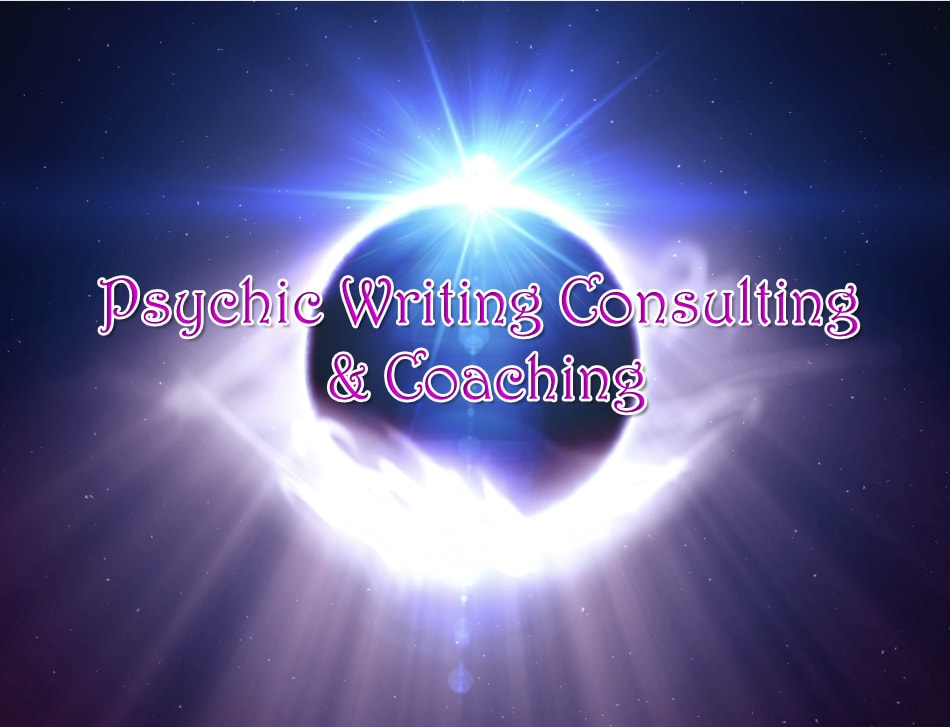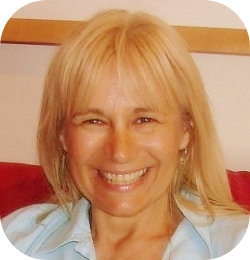|
To create the covers from my books and guided meditations, I use the Affinity tools: Designer and Photo. To lay out my books and get them ready for publication, I use Publisher.
These are relatively new applications by Serif in the UK. They are inexpensive. Best of all, they are NOT on a subscription basis. Many Adobe users have switched to Affinity. I love these programs. They are relatively easy to learn and use and very easy to use if you've already used any similar applications. They all work together. If you're in one application, you can easily open the same project in another application. For example, if you're in Designer creating a cover and have an image that needs adjusting, you simply go to the Designer File Menu and open Photo. You adjust the image in Photo and then go back to Designer to continue your work. When I started using Affinity products, I was fairly new to these sorts of applications. Then along came Affinity Revolution -- a husband and wife team, teachers, who created tutorials for all three Affinity applications. They are the best tutorials one could hope to have when learning a new program. I highly recommend them. They are inexpensive and ever so pleasant to watch and learn. So, if you're looking for a great set of creative applications I highly recommend Affinity products and I highly recommend Affinity Revolution tutorials to quickly and painlessly learn how to use them. If you're selling audio books, eBooks and music on your website, you need a method to deliver them. I like digital delivery.
A customer buys and they are emailed the download link for the product. Done. The challenge, if you're not selling a lot of product on your website, is that it is really expensive to have up a digital delivery system. If you have big files, like audio files, it becomes even more challenging. I did thorough research and found Vibralogix. Vibralogix uses an entirely different approach to setting up digital delivery. Best of all, it is really inexpensive. It's a one-time charge of $29.95. Read more about it on their website: www.vibralogix.com
If you want to publish a book, you can do it for free with Create Space, https://www.createspace.com
There are lots of self-publishing venues. They offer different things with different royalties, advantages and disadvantages. You can research this further. You'll find reviews and comparisons on the Internet as well as written up in varies books. You can decide what works best for you. Create Space is fantastic because you spend zero money up front. Create Space is owned by Amazon. When your book is sold, at that point Create Space gets a percentage and you get a percentage. MediaFire is a great place to store files and to share files. 50 GB free. After that it's a paid service.
Check it out, http://www.mediafire.com
This is great! Ran across this quote reading a book. Henry Ford said it. Good to keep in mind.
|
Categories
All
Archives
July 2024
|
Copyright © 2024 Zorica Gojkovic All rights reserved.
|
Report broken links: Contact
|



 RSS Feed
RSS Feed